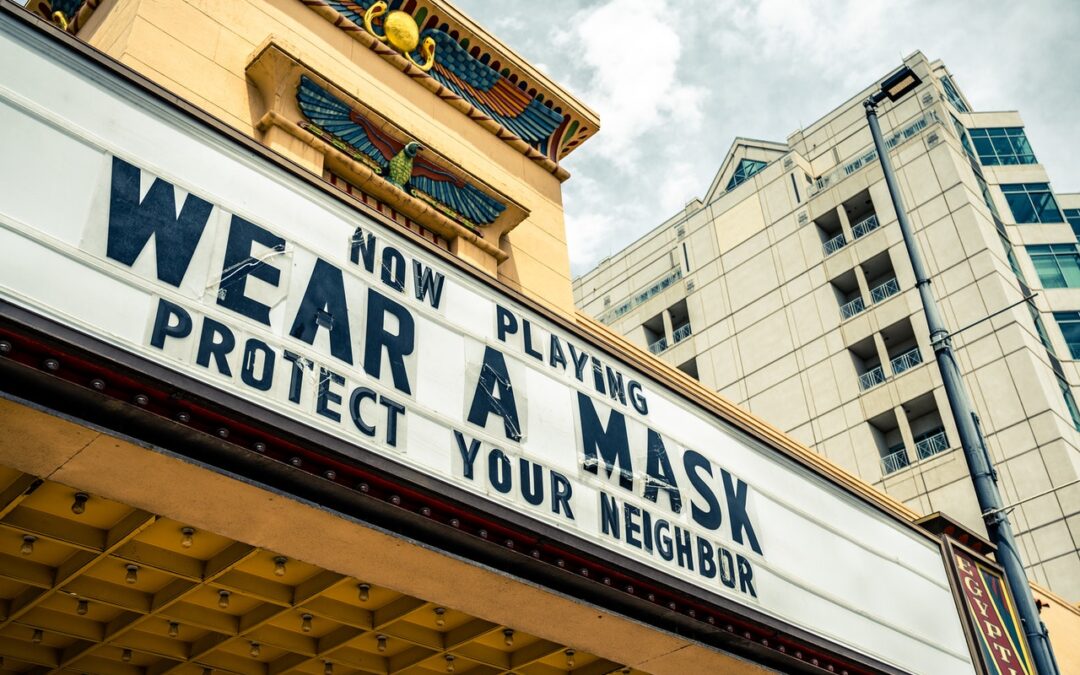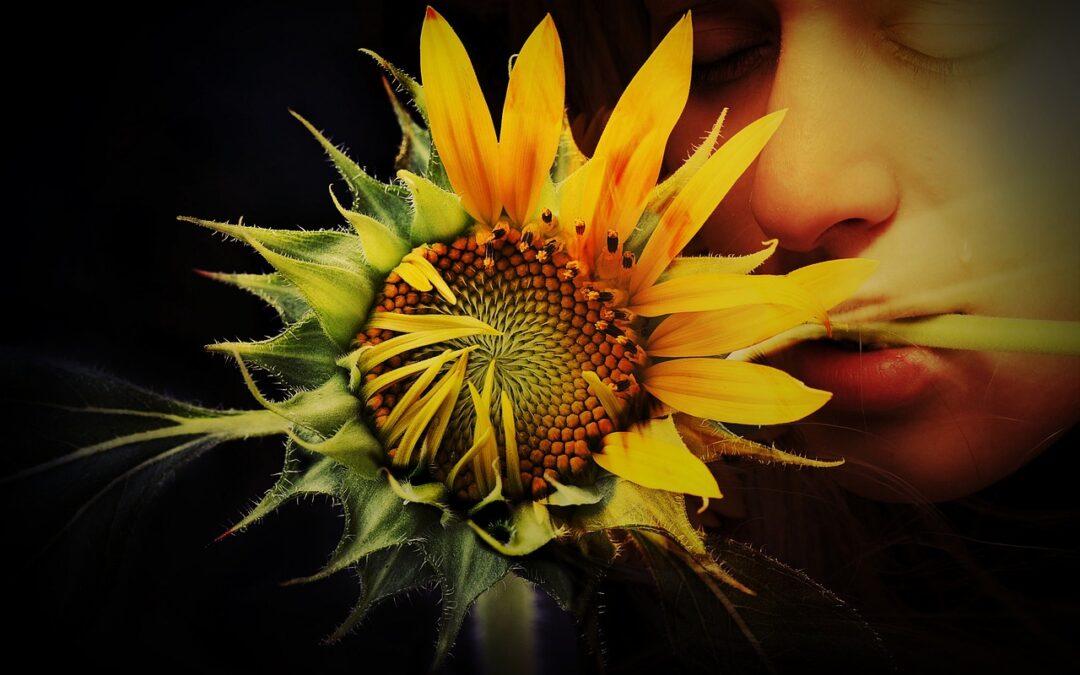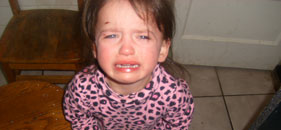
The Indifference to Deaths Caused By Covid-19
It’s distressing to see the huge, growing number of people dead from Covid-19.
But even more distressing is the apparent indifference and lack of compassion shown by society-at-large. Indifference to the devastation thrust upon hundreds of thousands of families and friends who’ve lost a loved one to this pandemic.
At the time this was written, more than 220,000 people in the United States have died in less than a year due to Covid-19. And it continues to grow. It’s estimated that the number could even double in a few months.
This ever-growing number has become merely a passing footnote in the nightly news reports. A statistic that is quickly dismissed amid the daily outrages of a polarizing political backdrop.
To be sure, the people represented in this number are anything but a statistic. Each and every one of them is beloved by their circle of family and friends.
Represented in this impersonal, sterile number are spouses, partners, lovers, mothers, fathers, grandparents, aunts, uncles, sons, daughters, nieces, nephews, and grandchildren. It represents dear friends, neighbors, coworkers, teachers, mentors, coaches, and countless other important members of our local communities. The number includes first-responders and all kinds of essential workers that made the ultimate sacrifice while serving and supporting their communities.
We hear that those who die usually die alone in medical isolation. They are unable to be with the people who love them so dearly during their last days, hours, and minutes.
There are no final embraces. No shared tears. No chance to look into each other’s eyes to convey the deep, unending love and profound impact they’ve had on their lives. Sometimes there isn’t even an opportunity to say final goodbyes—even one spoken over a phone. Many final words are left unspoken; leaving those who never got to say them with the heavy burden of guilt to carry for years on end.
Those family and friends – some of whom lost multiple loved ones to Covid-19 – are left with the impossible reality that the person they loved so dearly is suddenly gone from their lives. And all too often, they’ve lost a person who their very existence and identity is so tightly intertwined with, they can’t possibly begin to imagine how life itself can continue. They cannot understand why the whole world didn’t come to an abrupt end when their loved one took their last breath.
That is the level of devastation these deaths have wrought on so many families. And yet, so many others in our society are carrying on as if none of it matters.
Have we truly succumbed to an environment of apathy and an apparent unwillingness to sacrifice our own desires and comfort for the greater good? We seemingly lack empathy and compassion for the most vulnerable in our families and community. Many are blindly willing to sacrifice the lives of others so they can try to carry on with the lifestyle they had before Covid-19 hit our shores. We continue to see so many flock to crowded beaches, parties, and the like. We see them visiting busy stores and restaurants. And all of these scenes are usually shown with few or no masks in sight.
Have convenience, comfort, and entertainment really become more important than human lives?
Additionally, we are now living in a society that has become so embroiled in an ideological war that everything becomes politicized. The choice of whether to wear a mask and follow medical safety guidelines has become a political statement. Many people ignore the guidance of medical experts, and some go so far as label it “fake news.”
They choose instead to follow the lead of callous politicians who value holding onto their positions of power far above the lives of the constituents they were elected to serve.
All the while, the number of cases and resulting deaths continue to rise.
This virus does not discriminate. Though some groups are impacted at a higher rate than others, Covid-19 infects all age groups, sexes, and ethnicities. It doesn’t care how healthy you are, how much money you earn, or what your political affiliation is. It is a highly contagious airborne virus that anyone can breathe in and unknowingly pass on. While many who get Covid-19 show mild or no symptoms at all, without the proper precautions they can easily pass it on to many people who are not so lucky.
Thousands of people are currently lying in hospital beds with their lives hanging in the balance. And countless more are unknowingly going to follow in their footsteps.
Many will recover, but some with resulting damage that will last their lifetime. Too many others will succumb and perish. They will become part of that ever-growing statistic; a future footnote in history books. What won’t be captured in the history books are all the individual stories of grief and anguish of people all over this country (and world) who must now live with a tragic loss for the rest of their own lives.
The most devastating part of Covid-19 is the simple fact that many of these people didn’t have to die from it.
We had it in our collective power to prevent so many of these deaths. We still do. Experts told us early on how to slow the spread and flatten the curve; to vastly reduce the infection rate and death toll.
By all means, following the guidelines isn’t easy. None of it is convenient, and it causes an abundance of stress, headaches, and problems. Some people’s livelihoods are being severely challenged—but many others aren’t.
Many others aren’t following the CDC guidelines of how to protect yourself and others for one simple fact: they don’t want to and don’t care about the consequences.
I don’t know what will change the apparent tide of indifference to death and grief in our society. Perhaps it will only happen when each and every one of us suffers the loss of a loved one to this pandemic. Perhaps it requires new leadership across the board that will take this pandemic seriously.
In the meantime, we should ask ourselves, how much value do we place on human lives during the spread of Covid-19? And then ask ourselves, what are we willing to do to protect ourselves and others?
One simple place to start: wear a mask and vote.



 This website was inspired by the memory of Margareta Sol Kubitz in hopes of helping others work through the pain of grief.
This website was inspired by the memory of Margareta Sol Kubitz in hopes of helping others work through the pain of grief.